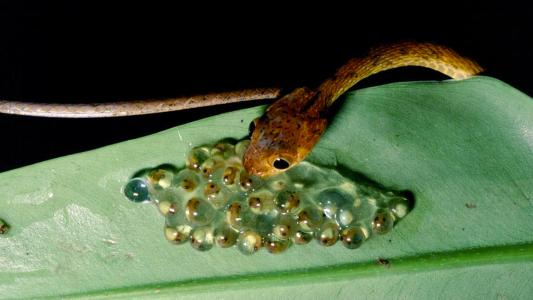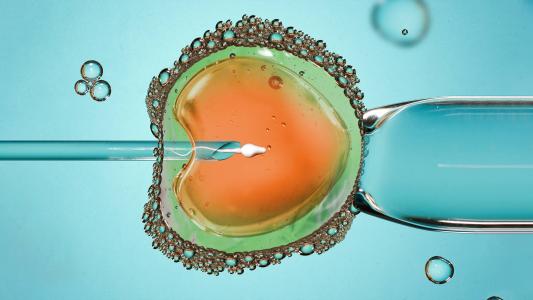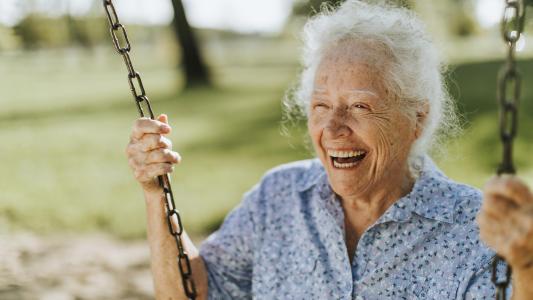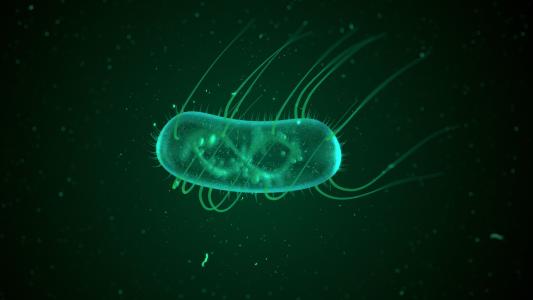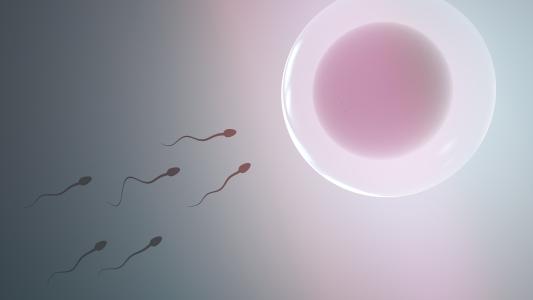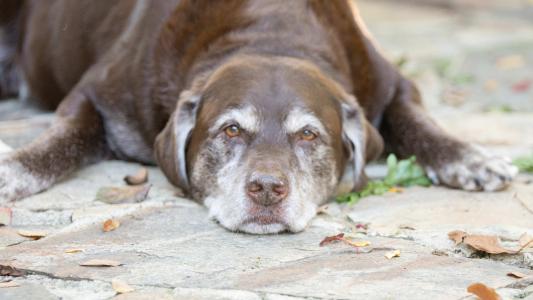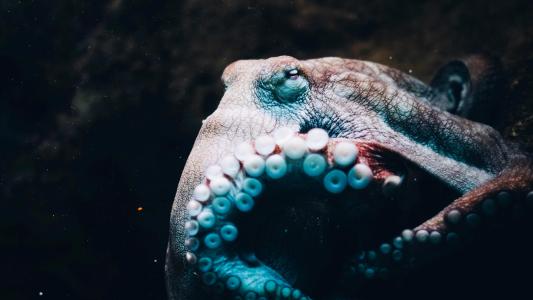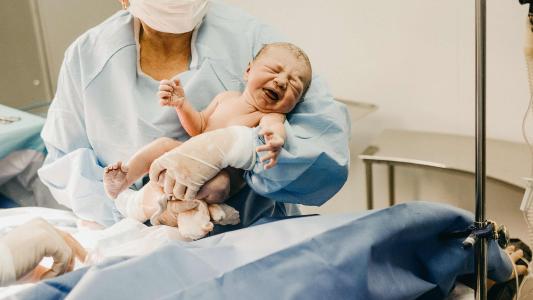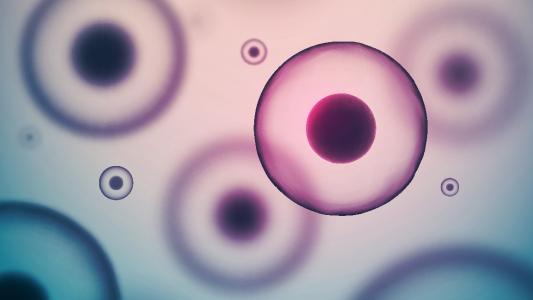Biology
Birds, frogs, and reptiles use sound to “program” embryos
Sound appears to play a larger role in animal development than previously thought, affecting how a variety of species prepare for life outside the womb or egg.
"Defective" embryos can actually self-correct in the womb
PGT-A, a genetic test used to screen embryos for aneuploidy prior to in vitro fertilization, appears to be excluding many viable options.
Human lifespan may have a hard limit: 150 years
The human lifespan is limited to 150 years, according to a new longevity study focused on the body’s ability to bounce back from stressful events.
These bacteria grow biodegradable “Aquaplastic”
Scientists genetically modified E. coli to create a plastic called "aquaplastic," which can be transformed into a three-dimensional shape just by adding water.
Sperm may play a bigger role in pregnancy than we thought
Sperm appear to play a bigger role in pregnancy than previously believed, not only fertilizing the egg, but also “persuading” the female body to accept it.
Old dogs are helping scientists combat human aging
By studying donated tissues stored in a pet dog biobank, researchers have uncovered a genetic link between brain aging in canines and humans.
Supercentenarians’ DNA reveals clues to human longevity
A human longevity study involving people over the age of 105 has found that genetic variants linked to DNA repair appear to contribute to a longer life.
"Octopus vision" may help prevent human blindness
A new medical device that gives optometrists a fast, easy way to monitor a key macular degeneration risk factor was inspired by octopus vision.
New blood test could predict the onset of labor
Stanford University researchers have identified blood-based biomarkers that can be used to predict the onset of labor in pregnant women.
Customized stem cells could show us how dementia happens
By turning human cells into induced pluripotent stem cells, researchers hope to finally map the genetic path to Alzheimer’s disease.
